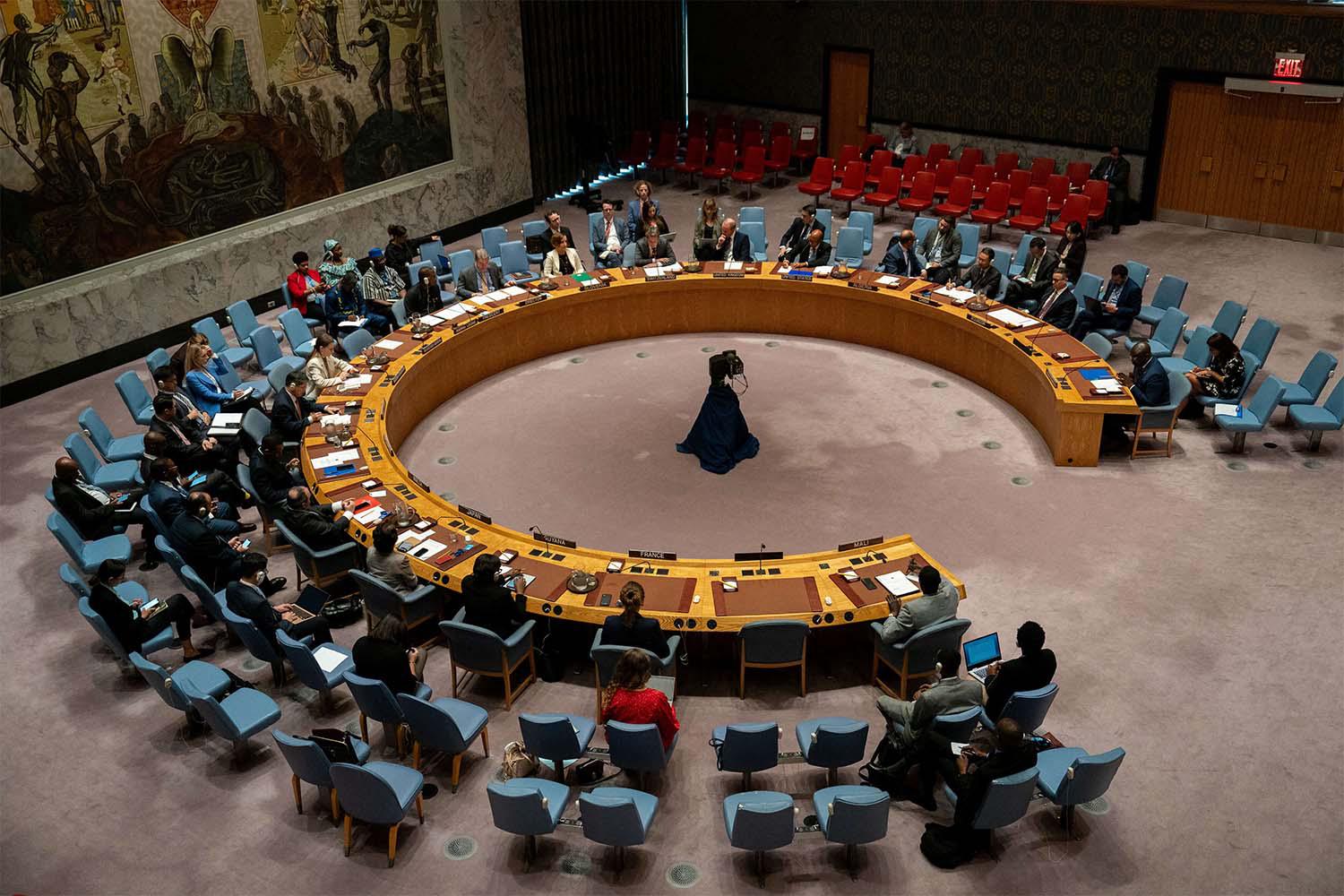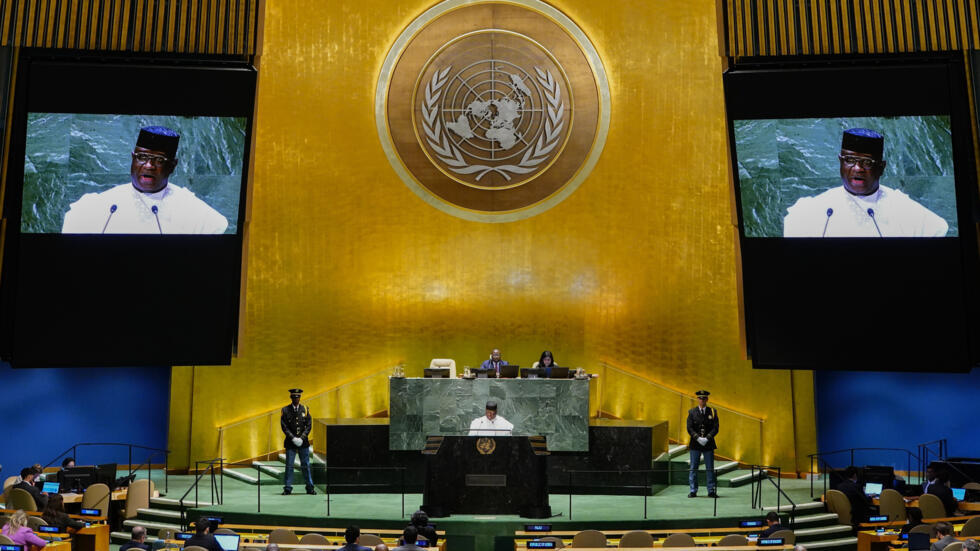On Thursday, Linda Thomas-Greenfield, the U.S. Ambassador to the United Nations, announced that the United States would support the addition of two permanent seats for African states on the U.N. Security Council.
This proposal, which aligns with calls from U.N. Secretary-General António Guterres for an overhaul of the Council to better reflect 21st-century global powers, comes ahead of the U.N. General Assembly later this month.
Currently, the Security Council comprises 15 members, with five holding permanent seats and veto power: the United States, Russia, China, Britain, and France. The remaining 10 seats rotate every two years.
Adding new permanent members requires approval from all five existing permanent members and an amendment to the U.N. Charter, a challenging task given the current divisions among these members.
Expanding permanent seats to only African countries might face opposition from other nations such as Japan, Brazil, India, Germany, and Italy, which have also sought permanent seats.
These countries argue that the U.N. structure established post-World War II no longer reflects the current global landscape.
Thomas-Greenfield’s announcement could be seen as an effort to improve U.S. relations with Africa, which have been strained by conflicts in Ukraine and Gaza, and to counteract the growing influence of China and Russia on the continent.
Both China and Russia have already supported the idea of permanent African seats on the Security Council.
The announcement may also reflect Thomas-Greenfield’s consideration of her legacy at the U.N., as her term approaches its end and the upcoming American election could result in a new ambassador. During her tenure, she has prioritized Africa, frequently visiting the continent.
Thomas-Greenfield stated that the current non-permanent seats do not allow African countries to fully contribute their knowledge and perspectives to the Council’s work.

UN Security Council
The Security Council is responsible for maintaining global peace and stability, mediating conflicts, and approving peacekeeping missions, and has the authority to impose sanctions.
However, its effectiveness has been hindered by divisions between U.S. and European allies and Russia and China, particularly in addressing conflicts in Ukraine and Gaza.
African nations have long advocated for permanent seats on the Council, citing the continent’s large population, economic significance, and pressing issues. Similarly, countries from Asia, Europe, and Latin America have also campaigned for permanent representation.
With 53 member states, Africa is a significant voting bloc in the U.N., and most U.N. peacekeeping missions are located there, with thousands of Africans participating.
Thomas-Greenfield’s proposal includes not only the addition of African permanent seats but also a rotating seat for small island states.
However, the proposal does not support granting these new permanent members veto power, which is currently held by the five existing permanent members.
The veto issue is contentious, as granting veto power to new members could complicate the Council’s operations, while not granting it might render the new seats symbolic.
The United States has also previously supported adding permanent seats for Japan and Germany, two key allies.
Thomas-Greenfield’s announcement follows a debate at the Security Council last month initiated by Sierra Leone, which has hosted one of the longest-running U.N. missions but lacks a Council seat.
President Julius Maada Bio of Sierra Leone criticized the Council for being outdated, while Professor Sithembile Mbete of the University of Pretoria warned that failure to reform could lead to a loss of credibility and compliance.











































